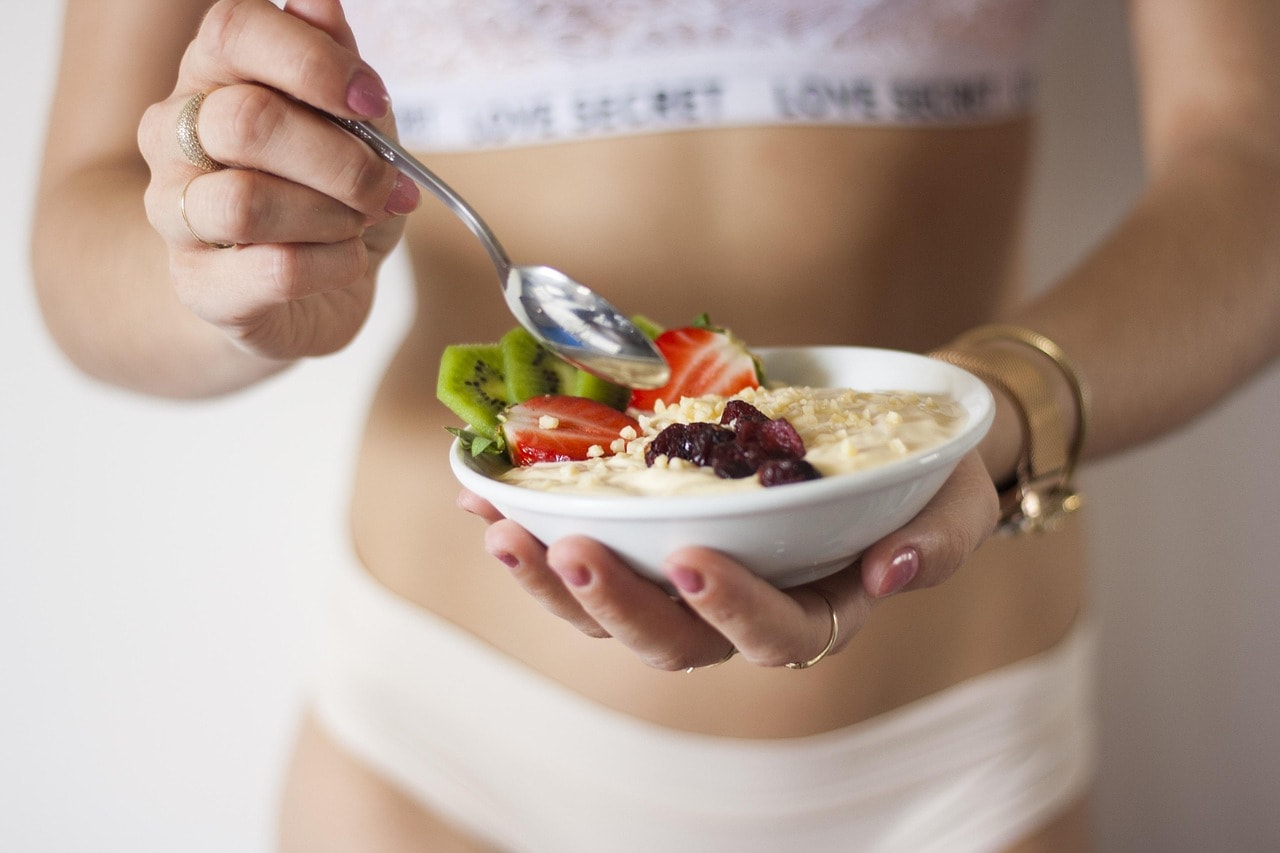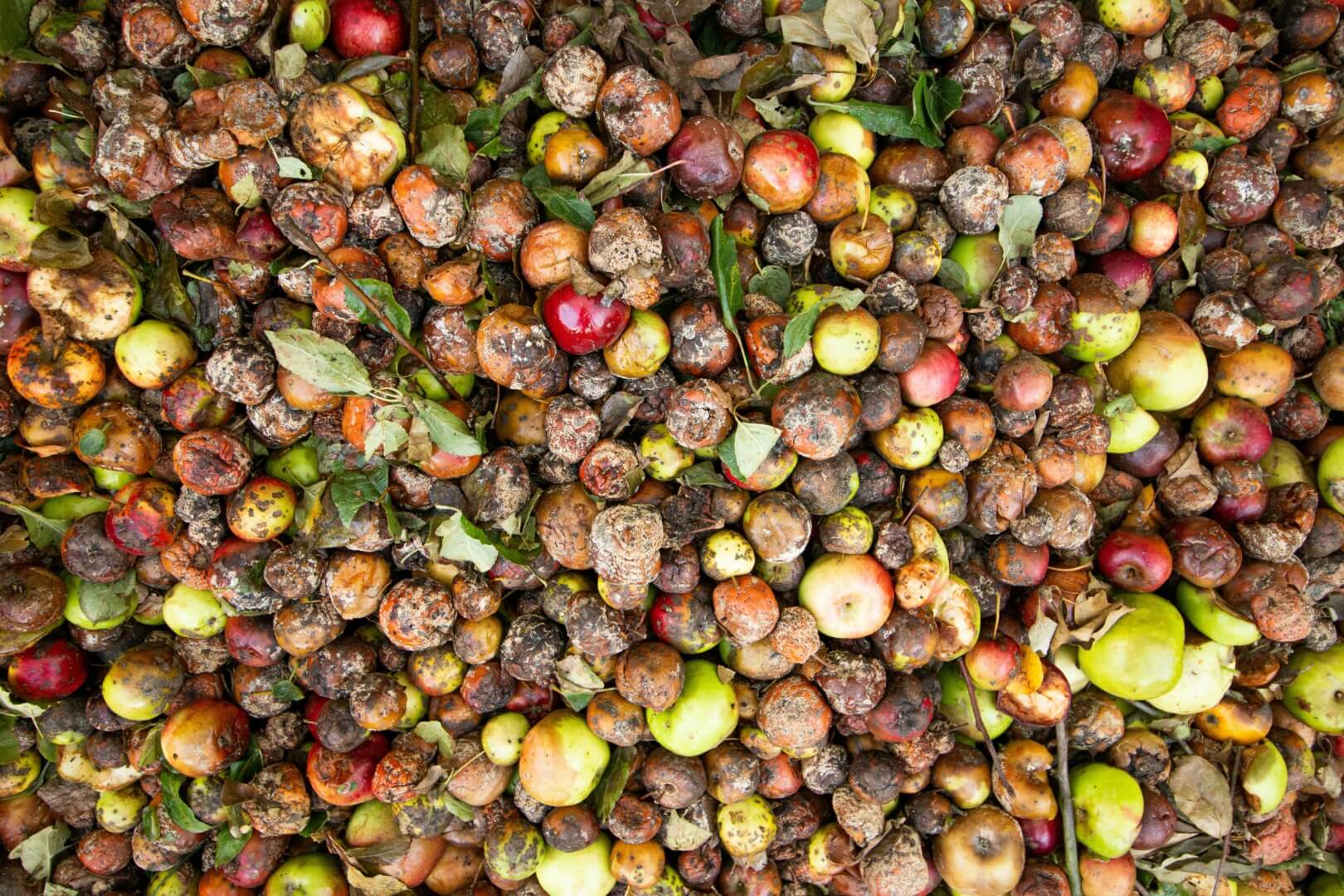Food security has been a top priority for many countries in recent years. But for Singapore, ensuring a resilient food supply has always been an obstacle. The island nation has long relied on imports to meet its dietary needs, though if trade were ever to fail, a country seen as one of the most food-secure in the world would struggle to feed even a tenth of its population. This dilemma has paved the way for alternative food startups to thrive in Singapore.
With their ’30 by 30’ target, Singapore aims to produce 30% of their food supply locally and sustainably by 2030. However, with its limited land and resources, Singapore has turned to agritech and alternative foods to meet its goals. Take a look at how these sustainable startups are spearheading the alternative food industry in Singapore, and strengthening food security through innovation.
Edible insects
We get it, bugs aren’t exactly everyone’s cup of tea. But loaded with proteins, fats, minerals and fibre, these little critters are proven superfoods.
Insect farming requires far less feed, water and land compared to livestock farming and produces as little as 1% of the greenhouse gases caused by beef production. So, why don’t we see insects as a practical source of protein like meat, fish or dairy? Is it really just the ‘ew’ factor?

Asia Insect Farm Solutions hopes to challenge these perceptions by making sustainable insect-based food solutions accessible. From cricket flour to chocolate chip cookies, the company is one of several startups leading the change towards sustainable protein. Fellow alternative food startup, Altimate Nutrition, combines cricket powder with crowd-pleasers like chocolate, peanut butter and matcha to create alternative protein bars that are nutritious, sustainable and ethically sourced from cricket farms.

Cell-based food
As the first and only country in the world to approve the sale of cultured meat, Singapore has set a new precedent for the food industry. San Francisco company Eat Just’s GOOD Meat Cultured Chicken made its historic debut at restaurant 1880 in Singapore with the two-dish combo of crispy maple chicken and waffles, and a sesame chicken ‘bao’.

Singaporean startups have yet to produce cultured protein for commercial sale themselves. But several are well on their way to making cell-based food convenient and affordable.
Shiok Meats uses cellular agriculture technology to grow cultured seafood. The women-led team hopes that their ethical approach to seafood will help to restore transparency to the industry. Cell-based seafood could tackle issues like overfishing, seafood fraud and forced labor fishing in the long-term. Currently in the research and development stage, Shiok Meats plans to launch their alternative products in 2023.

However, it’s not just animal products that are getting the cultured treatment, but their byproducts as well. Offering a sustainable solution to meet dairy demands, Singapore-based company TurtleTree Labs is the first in the world to produce cell-based milk.

According to the startup, plant-based milk alternatives like soy, oat, almond and coconut milk have different compositions to dairy milk. This means that their ability to create other dairy products like butter, cheese and yoghurt is limited. Using their technology, TurtleTree Labs aims to produce quality milk from mammals that retains its functionality. Consequently, it would also mitigate the pitfalls of the dairy industry like animal cruelty and greenhouse gas emissions.
Microalgae protein
With potential uses in renewable energy and biopharmaceuticals, microalgae hold major opportunities not just for the food industry but for a more sustainable future as a whole. These photosynthetic organisms are one of the richest sources of plant-based protein in the world and with a higher growth efficiency compared to conventional crops, they have the capacity to meet the dietary needs of our growing population.

Using local food waste from breweries, tofu factories and sugar refineries, alternative food startup Sophie’s Bionutrients are growing microalgae in bio-reactors. With their technology, they’ve been able to produce a range of microalgae food products. These include plant-based meat, microalgae flour and even dairy-free microalgae milk.

Agritech startup Life3 Biotech has also been working on optimizing the cultivation process of various strains of microalgae to achieve a higher yield. The company plans to formulate new microalgae foods and incorporate microalgae into its existing products to boost its nutritional value.
Editor’s Note: The opinions expressed here by Impakter.com columnists are their own, not those of Impakter.com. — In the Featured Photo: Altimate Nutrition














